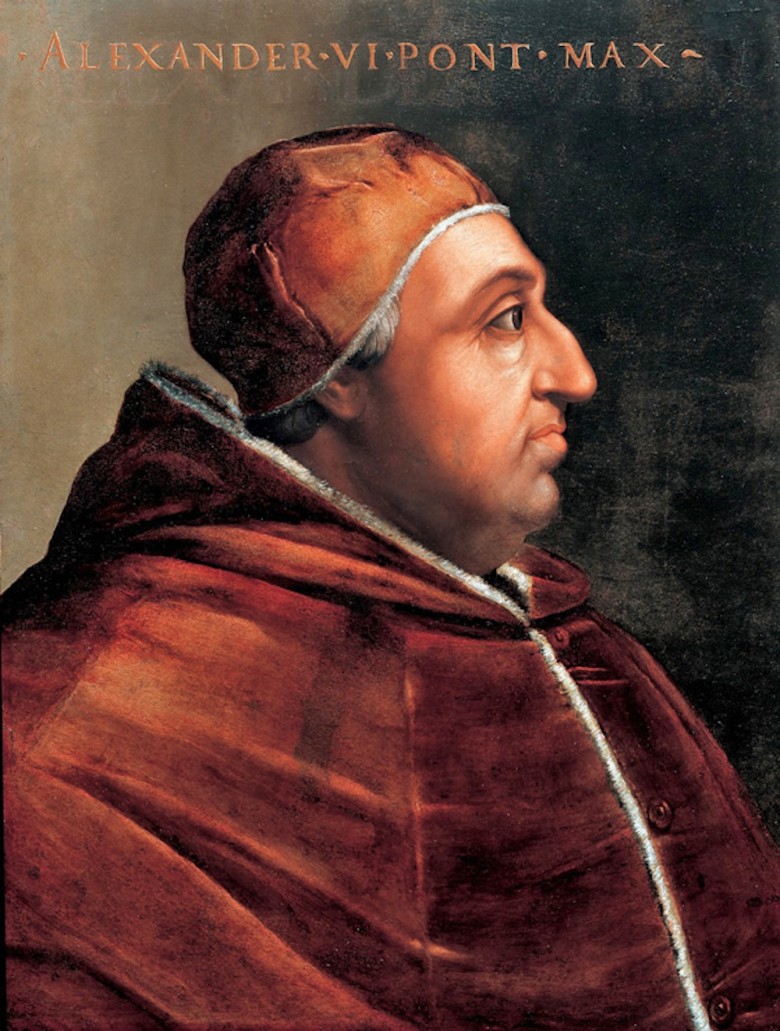Quoted in, Material for a History of Pope Alexander VI, Peter de Roo, 2:378 http://babel.hathitrust.org/cgi/pt/search?q1=%22God%2C+who+grants+pardon+and+loves+to+save+man%22&id=mdp.39015013144061&view=1up&seq=9 http://www.attomelani.net/index.php/english/the-new-series-of-monaldi-sorti/the-doubts-of-salai/ Compare: For God loves saving, not condemning, and therefore He is patient with bad people, in order to make good people out of bad people." - St. Augustine, On the Verse of the Psalm: God Will Come Openly, (420-425), Sermon 18:2. Works of Saint Augustine, A translation for the 21st Century, (1990), Pt. III - Sermons, vol. I, (1-19), Edmund Hill, O.P.,translation and notes, John E. Rotelle, O.S.A., New City Press, New York, p. 374. Latin: Non enim amat Deus damnare sed salvare, et ideo patiens est in malos, ut de malis faciat bonos. http://www.augustinus.it/latino/discorsi/discorso_022_testo.htm http://books.google.com/books?id=Z2w7AQAAMAAJ&pg=PT10&dq=Non+enim+amat+Deus+damnare+sed+salvare,+et+ideo+patiens&hl=en&sa=X&ei=_c41U5u-BbTTsASR8oDwDQ&ved=0CC0Q6AEwAA#v=onepage&q=Non%20enim%20amat%20Deus%20damnare%20sed%20salvare%2C%20et%20ideo%20patiens&f=false
Kontext: But may God, who grants pardon and loves to save man, in his goodness, give strength to us and make prosperous the Holy See.
